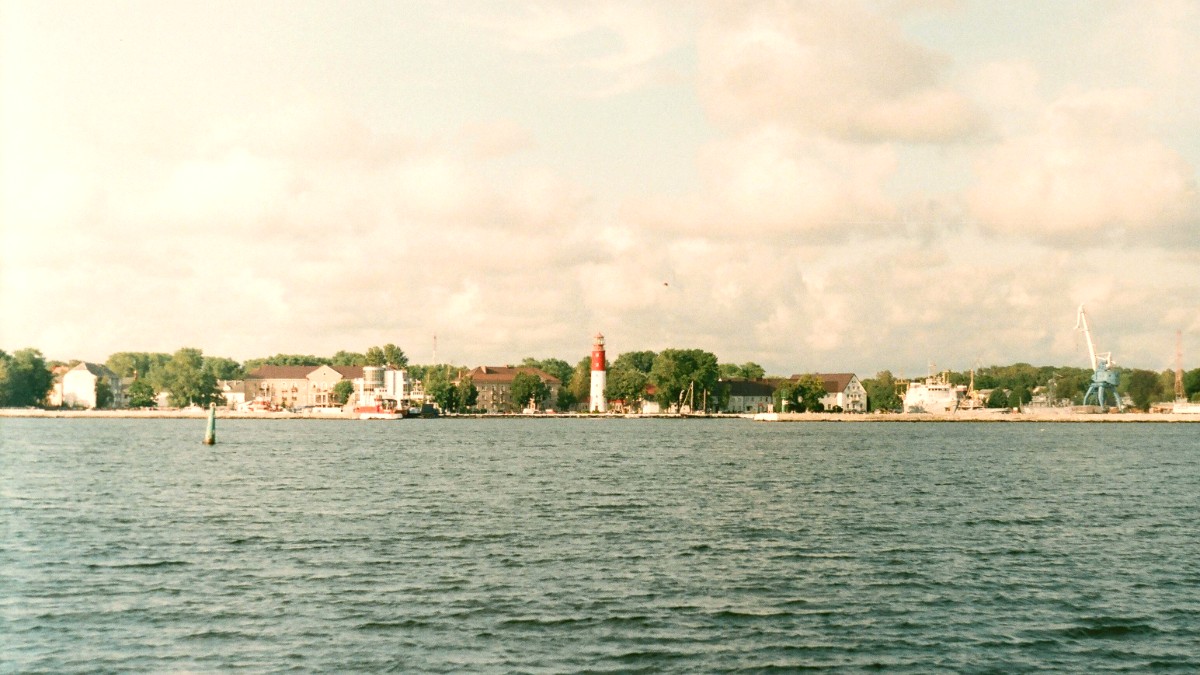
Germany
Baltic Sea is a sensitive ecosystem. Kiel is active in marine environment protection. Schleswig-Holstein has nature reserves for unique ecosystems.
Germany has an effective recycling system. Separate waste into categories: paper, plastic/metal, organic, residual. Participate in the Pfand (deposit) system.
Tap water in Kiel is safe and high-quality. Drink it to reduce plastic waste. Use water sparingly when showering or brushing teeth.
Your choices can contribute to environmental well-being.
When booking accommodation, look for hotels with environmental certifications (e.g., Green Globe, Bio-Hotel, EU Ecolabel). These properties commit to sustainability standards.
Choose tour operators emphasizing responsible tourism, supporting local communities, and minimizing environmental impact.
Consider offsetting flight emissions through reputable organizations that invest in climate protection projects. Many airlines offer this option.
Reduce waste by using reusable water bottles, coffee cups, and shopping bags. The Pfand system helps with bottle recycling.
Visit and support local museums, heritage sites, and cultural centers in Kiel like the German Maritime Museum.
The Rainforest Site (GreaterGood)Time to learn about Kiel's past, including its wartime experiences and rebuilding efforts.
Patagonia: Sustainable outdoor gear.Embrace local public transport and walking for a smaller environmental footprint and closer interaction with the city.
Your travel choices have a positive local economic impact.
While Kiel is not a traditional community-based tourism destination, you can support the local community directly.
Look for "Weltladen" (world shops) in Kiel. These shops specialize in selling fair trade products.
Explore Kiel's diverse culinary scene by choosing local eateries. Try Fischbrötchen from a family-run stall.
Germany has strong labor laws and regulations. Exploitation in the tourism sector, like unfair labor practices or child labor, is generally not a concern.
If you wish to make a charitable contribution, research reputable local charities or non-profit organizations in Kiel that support community development, environmental protection, or social causes.
Direct giving to individuals on the street is generally not recommended.
Support established organizations instead for greater impact.
Look for organizations with transparent reporting.
Be aware of your surroundings and local regulations regarding charitable interactions.
Your conscious choices contribute positively to Kiel's community and environment.